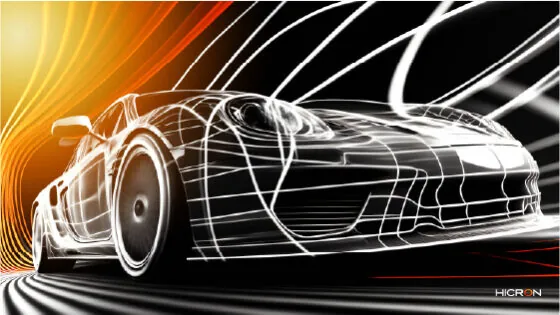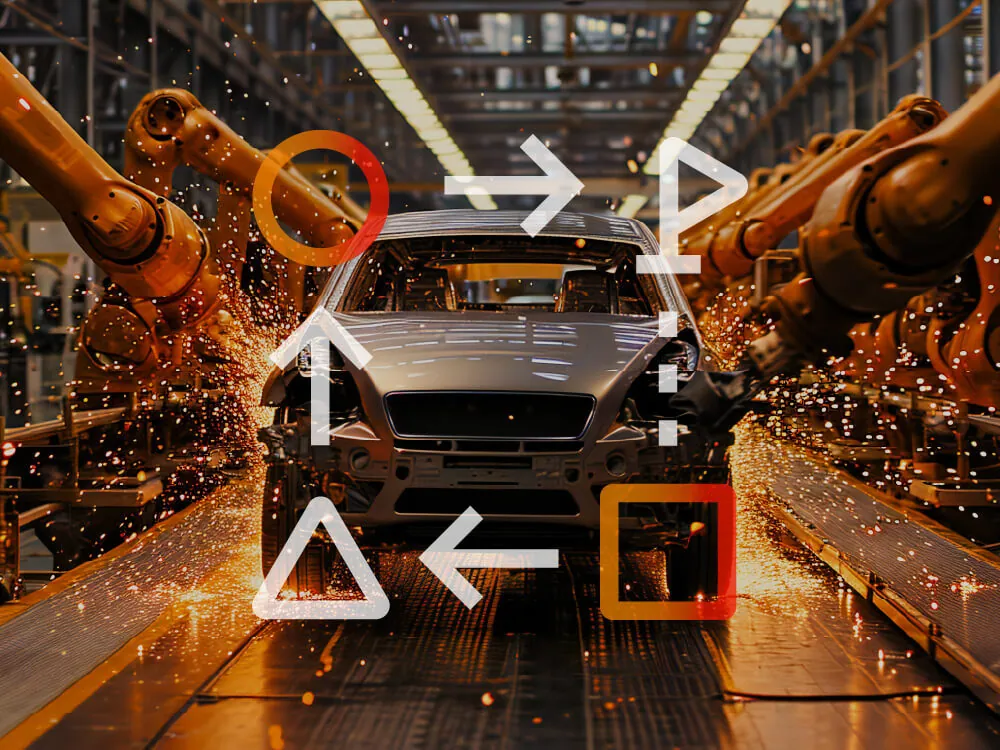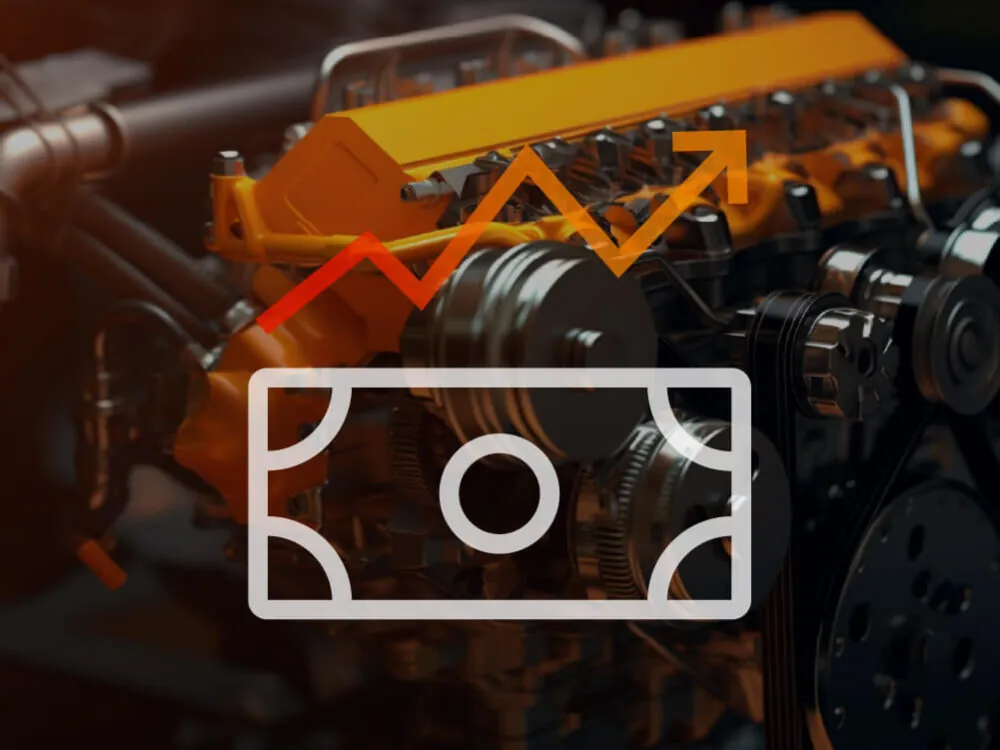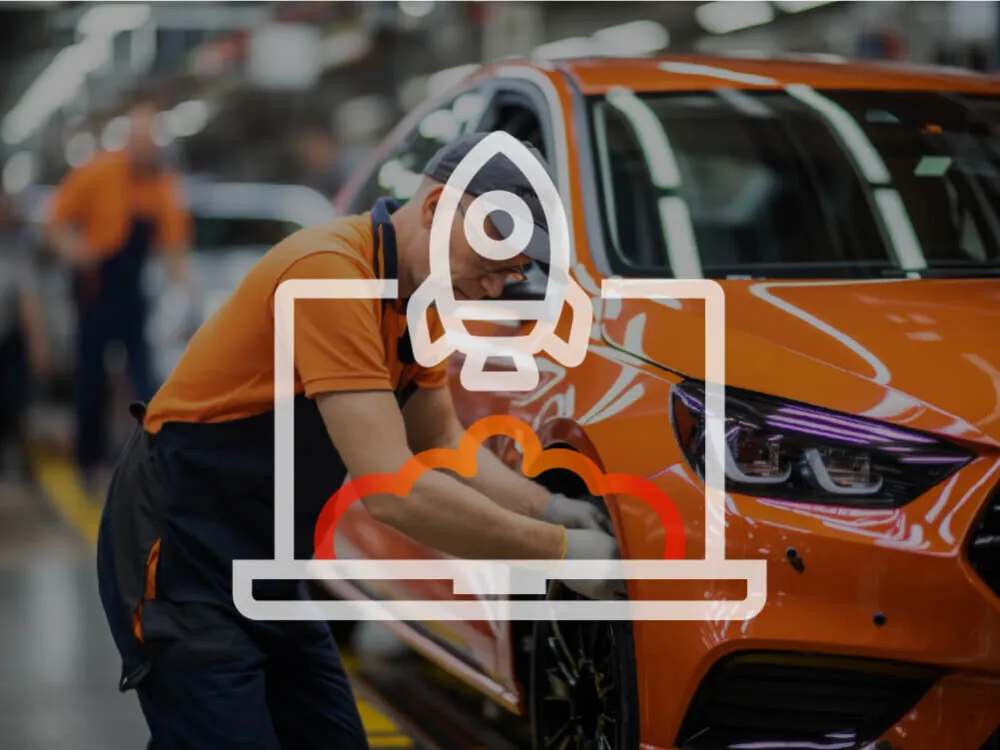Automotive industry – on the path to innovation
The pace of change in the business landscape presents many challenges for companies in the automotive industry. The desire to remain competitive is driving them to seek new solutions, as well as to make changes toward electrifying cars and making their production more economical. This is complemented by the constant pressure on margins and customer expectations related to autonomous vehicles. Achieving strategic goals requires innovative approaches, effective management, and efficient operations.
Race for competitive advantage
The pressure for continuous development of companies in the automotive industry results, among other things, from the high level of competition in the market. The companies compete not only with well-known manufacturers, but also with new players. Gaining an edge requires considerable effort focused on increasing the efficiency of processes and attracting the interest of potential customers. In order to remain competitive and profitable, organizations are looking for ways to expand into new regions and towards new business models.
The lack of solutions to implement and manage them is a significant limitation for companies in the automotive industry. In many cases, the effectiveness of supply chain planning needs to be improved, resulting in longer lead times for subsequent stages, disruptions, and unexpected changes.
Automotive industry – new technologies
Staying competitive also means meeting customer expectations. One of them is autonomous driving. The development of autonomous cars based on innovative technology is one of the challenges that automotive companies are facing today. Wanting to provide their customers with access to advanced digital services, they are turning to modern solutions and looking for ways to increase process efficiency.
In order to accelerate the pace of innovation, automotive companies need experienced specialists. Finding and keeping them in the company is another difficulty that stands in the way of development and achieving the desired goals. The shortage of experts such as engineers, programmers, data analysts, or environmental specialists can lead to delays in implementing innovative solutions, loss of competitiveness, and hampered development.
Sustainability in the automotive industry
Climate change and high levels of pollution are driving automotive companies to implement green drive systems and manufacturing solutions. Businesses are faced with the growing environmental awareness of their customers, as well as increasingly restrictive legal regulations regarding exhaust emissions, limiting the consumption of natural resources, and the development of alternative energy sources. The current situation requires them to adapt their production strategies and offers to current market needs and societal expectations, as well as to invest in research and development of new technologies.











